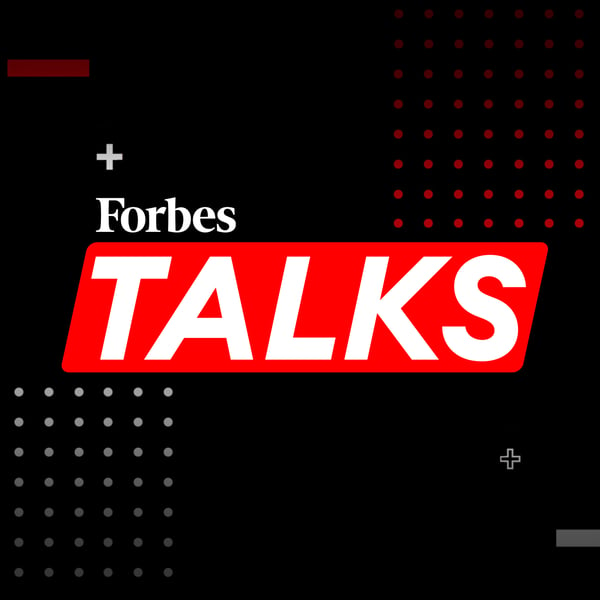Channeling Muhammad Ali: How Compassion Can Be A Knockout Force For Change
Forbes Talks
Forbes Media LLC
5 • 4 Ratings
🗓️ 24 January 2025
⏱️ 24 minutes
🧾️ Download transcript
Summary
Lonnie Ali, the cofounder of the Muhammad Ali Center in Louisville, Kentucky and widow of the late humanitarian and heavyweight champion of the world, discusses with Seth Cohen, Chief Impact Officer of Forbes, the launch of the Muhammad Ali Compassion Index and the inaugural Ali Compassion Summit.
From Ali’s groundbreaking work outside the ring to the powerful discussions sparked by the Muhammad Ali Center in cities across America, this conversation highlights how compassion can unite us, transform communities and be a powerful catalyst for change.
See Privacy Policy at https://art19.com/privacy and California Privacy Notice at https://art19.com/privacy#do-not-sell-my-info.
Transcript
Click on a timestamp to play from that location
| 0:00.0 | Hi, everyone. My name is Seth Cohen, and I'm the chief impact officer of Forbes and the founder of the Forbes Impact Lab. |
| 0:07.7 | I'm here today joined by Lonnie Ali, the co-founder of the Muhammad Ali Center in Louisville, Kentucky, and the chair of the Muhammad Ali Index. |
| 0:19.4 | Lonnie, thanks for joining me today. |
| 0:21.1 | Thank you, Seth, for having me. |
| 0:23.6 | I have been following the trajectory of the center for a bunch of years. |
| 0:29.6 | And I want to hear from you first. |
| 0:33.6 | What is the mission of the center? |
| 0:34.6 | What is it about? |
| 0:35.6 | And when you and Muhammad designed it, created it, what was your vision for it? |
| 0:43.4 | Well, when we first decided to do the center, there was a small museum in Louisville that was based on Muhammad's memorabilia from his fighting in his fighting career, |
| 0:56.5 | his boxing career that a collector had |
| 1:00.0 | and had set up, you know, where else but to put it, |
| 1:03.1 | but in Louisville. |
| 1:04.5 | And it really didn't tell the story of the man, you know, |
| 1:08.0 | it was so inadequate. |
| 1:09.8 | And it was a one-time thing. You go, you see it, |
| 1:12.9 | you don't need to come back. Well, we decided, I decided, Muhammad decided, that it was important |
| 1:19.9 | because of the life he had led, the example he had set, that that legacy live on after he was no longer with us. |
| 1:30.1 | Because there were so many lessons that Muhammad just knew naturally, innately, like he was |
| 1:36.5 | born with, how to treat people, how to be compassionate, how to be kind, how to be forgiving, |
| 1:42.3 | you know, how to treat people as human beings with respect, you know, |
| 1:46.3 | and we didn't want to let that go as well as how to, how to, you know, achieve greatness in |
... |
Please login to see the full transcript.
Disclaimer: The podcast and artwork embedded on this page are from Forbes Media LLC, and are the property of its owner and not affiliated with or endorsed by Tapesearch.
Generated transcripts are the property of Forbes Media LLC and are distributed freely under the Fair Use doctrine. Transcripts generated by Tapesearch are not guaranteed to be accurate.
Copyright © Tapesearch 2025.

